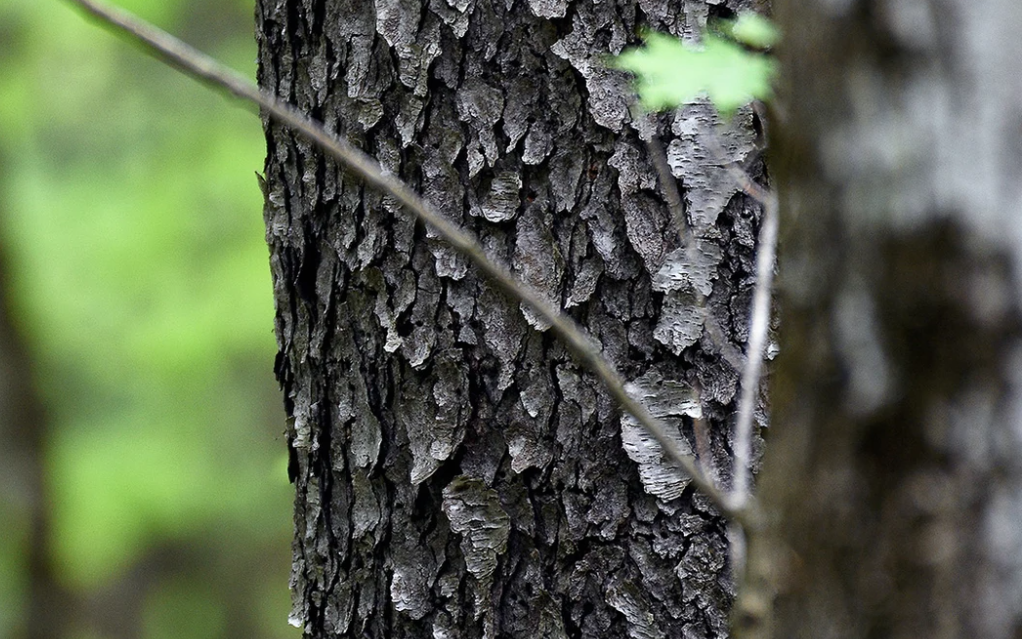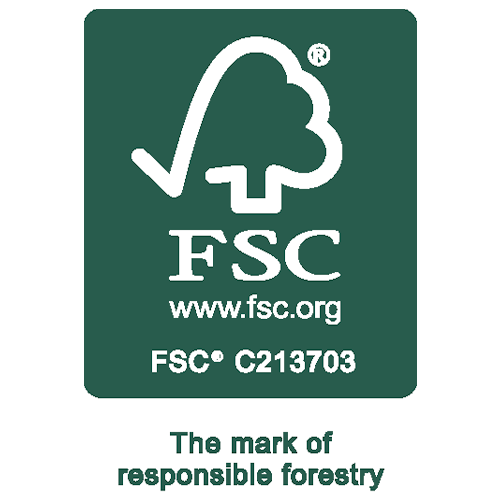
Why You Should Sell Your Timberland, Standing Timber, and Logs to Gutchess Lumber
Do you own timberland, timber, or logs that you’re looking to sell? If so, you may be wondering whether it’s better to sell the land itself, the standing timber, or just some of the logs. The answer depends on a number of factors, including the type of timberland you have, your financial goals, and the current market conditions. In this blog post, we’ll take a look at three different options for selling timberland, timber, and logs and help you decide which one is right for you.
Selling Timberland
If you own timberland that you’re looking to sell, there are a few things you should keep in mind. First, it’s important to understand that selling timberland is not the same as selling other types of property. When you sell timberland, you’re not just selling the land itself; you’re also selling the trees on the land. That’s why it’s important to consult with a forestry expert before putting your timberland on the market. They can help you determine the value of your timberland and advise you on the best way to sell it.
Selling Standing Timber
If you own timberland but don’t want to go through the hassle of selling it, another option is to sell the standing timber on your land. This means that you would sell the trees but not the land itself. One advantage of this approach is that it’s usually quicker than selling timberland since there’s no need to find a buyer for the land itself.
Another advantage is that it allows you to continue owning and using your land while also earning income from it. However, there are some disadvantages to this approach as well. First, if you sell your standing timber without also selling your land, you may be subject to higher taxes on the sale since it will be considered income rather than capital gains.
Selling Hardwood Logs
The third option for selling your timberland is logging—or more specifically, selective logging. This involves allowing a logging company onto your property to harvest some of the trees while leaving others behind. The advantages of this approach are similar to those of selling standing timber: it’s usually quicker than selling all of your timberland and allows you to continue using and enjoying your property while also earning income from it. The downside is finding a logging company to make sure the job is done right.
So should you sell your timberland, standing timber, or logs? An advantage of all three options is that they can actually improve the long-term health of the forest by thinning out overcrowded trees and promoting new growth. This is commonly referred to as natural forest regeneration, a practice our forestry team leverages through the programs they build with individual landowners across the northeast. By selling, you would be contributing to the health of the environment while also earning income. At Gutchess Lumber, we offer professional forest management programs that maximize your long-term returns if you are on the market to sell your timberland, timber, or logs. Click here to get in touch with a forester to learn more today.

